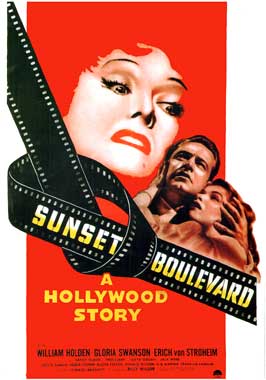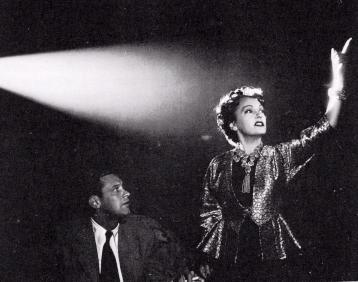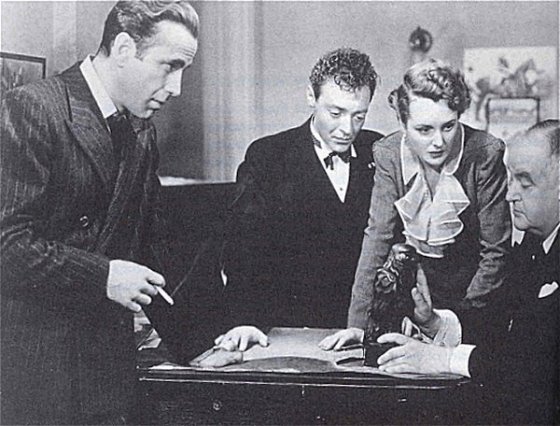Billy Wilder is one of my favorite directors, who made quite a few of my favorite films- Sunset Blvd, Double Indemnity, Stalag 17 and The Apartment being just a few of them. Being a huge Wilder fan, I expected quite a lot from Ace In the Hole. I'm glad to say my expectations were met.
I'm starting to become a big fan of Kirk Douglas (and I have TCM to thank for that as I've seen several of his films since he's Star of the Month for September), and this is the best performance from him that I've seen so far. I thought it was really interesting to see him as the "bad guy" since he plays more of the hero-type in films like Spartacus. The cast itself is made up of several marvelous actors, including Jan Sterling, Porter Hall and Richard Benedict.
Billy Wilder's direction is wonderful, but considering it's from the same man who made Sunset Blvd, I'm not surprised. Also worth mentioning is the extremely well written script from Wilder and screenwriters Lesser Samuels and Walter Newman, which was nominated for Best Story and Screenplay at the 1952 Academy Awards.
Overall, I found Ace In the Hole to be a wonderful film noir, thanks to both Wilder and Kirk Douglas. I'll be watching this again soon.
5/5 stars













